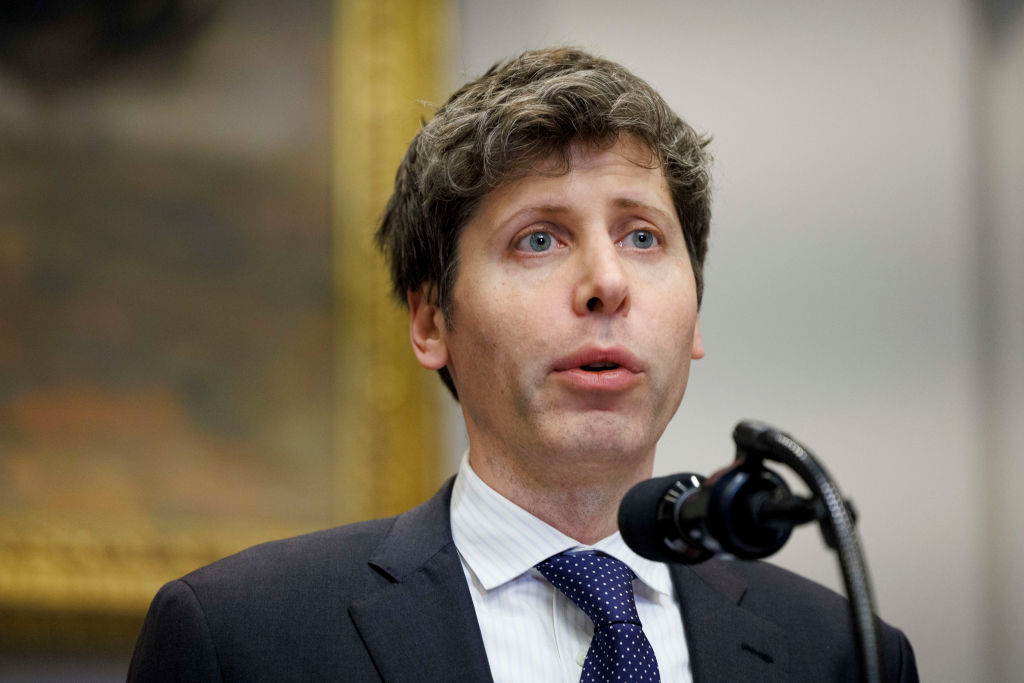OpenAI has disclosed that ChatGPT, its AI-powered chatbot, engages in over a million conversations each week where users discuss suicidal thoughts. This revelation underscores the growing role of AI in mental health support and raises significant questions about the responsibilities and capabilities of such technologies in handling sensitive issues.
The Rise of AI in Mental Health Conversations
The integration of AI into mental health support systems has been both innovative and controversial. ChatGPT’s ability to provide immediate, anonymous interactions has made it a resource for individuals seeking help. However, the sheer volume of suicide-related discussions—exceeding a million weekly—highlights the critical need for effective and ethical AI responses.
OpenAI’s Response and Policy Adjustments
In response to these findings, OpenAI has implemented several measures to enhance the safety and appropriateness of ChatGPT’s interactions:
– Enhanced Safety Routing System: OpenAI introduced a safety routing system designed to detect emotionally sensitive conversations. This system automatically switches to a more advanced model, GPT-5-thinking, which is better equipped to handle high-stakes safety work. The GPT-5 models were trained with a new safety feature called safe completions, allowing them to answer sensitive questions in a safe manner rather than simply refusing to engage. ([techcrunch.com](https://techcrunch.com/2025/09/29/openai-rolls-out-safety-routing-system-parental-controls-on-chatgpt/?utm_source=openai))
– Parental Controls and Age Restrictions: Recognizing the vulnerability of younger users, OpenAI has implemented parental controls and age restrictions. These measures include setting quiet hours, turning off voice mode and memory, removing image generation, and opting out of model training. Teen accounts also receive additional content protections, such as reduced graphic content and extreme beauty ideals, and a detection system that recognizes potential signs of self-harm. ([techcrunch.com](https://techcrunch.com/2025/09/29/openai-rolls-out-safety-routing-system-parental-controls-on-chatgpt/?utm_source=openai))
– Content Moderation Adjustments: OpenAI has made adjustments to its content moderation policies, including removing certain content warnings from ChatGPT. This change aims to reduce gratuitous/unexplainable denials and allow users to use ChatGPT as they see fit, as long as they comply with the law and don’t attempt to harm themselves or others. ([techcrunch.com](https://techcrunch.com/2025/02/13/openai-removes-certain-content-warnings-from-chatgpt/?utm_source=openai))
Legal and Ethical Considerations
The increasing reliance on AI for mental health support has led to legal and ethical challenges. OpenAI is currently facing a wrongful death lawsuit after a teenager died by suicide following prolonged interactions with ChatGPT. The company has also been criticized for its handling of sensitive user data, with concerns about the lack of legal confidentiality when users discuss personal issues with AI. ([techcrunch.com](https://techcrunch.com/2025/10/22/openai-requested-memorial-attendee-list-in-chatgpt-suicide-lawsuit/?utm_source=openai))
Industry-Wide Implications
OpenAI’s situation reflects broader industry challenges. Other tech companies, such as Meta, have faced scrutiny over their AI chatbots’ interactions with minors and have updated their policies to avoid inappropriate topics with teen users. ([techcrunch.com](https://techcrunch.com/2025/08/29/meta-updates-chatbot-rules-to-avoid-inappropriate-topics-with-teen-users/?utm_source=openai))
The Path Forward
As AI continues to permeate mental health support, it is imperative for companies to balance innovation with responsibility. OpenAI’s recent policy changes are steps toward creating a safer environment for users. However, ongoing evaluation and adaptation are necessary to ensure that AI tools like ChatGPT provide support without causing harm.



